“People are worried that digital media are taking away people’s ability to do some of the things we could do before or allowing people to do things that they don’t think they should do. People are worried that digital media are ruining people’a ability to make meaning precisely and accurately with language. Some are worried about the effects of digital of digital media on social relationships, claiming either that people are becoming isolated from others or that they are meeting up with the ‘wrong king of people’. Some are worried that digital media are changing the way people think, causing them to become easily distracted and unable to construct or follow complex arguments. And finally, others are concerned about the kinds of social identities that we are performing using digital media, worrying about how we can tell whether or not these identities are really digital media, worrying about how we can tell whether or not these identities are really ‘genuine’ or about how much of their own identities and their privacy they actually have control over.” – Mediation and ‘Moral Panics’
In recent years, the media has gained its fame, fortune, and facade from the many ‘new’ characteristics attributed to it. the ability to create, share, recreate, attract participation, generate thought, and stimulate conversation had made new media/digital technology a way by which all life seems to revolve around.
New media as defined by, The Language of New Media, Chapter 1 : What is New Media by Lev Manovich is what I interpreted as the convergence of computer technologies and media technologies. When I joined this major of PTW or even when i think of writing i never imagined I would have to consider mathematics (guess I have to subtract that idea from my head). This ‘new, old’ creation of media has a lot more to do with math behind the scenes than I thought. It was not until this particular reading that I understood the word ‘computer’ for its true meaning. Space, measure, numerical representation, modularity, automation, variability, and transcoding all come together to result in the creation of, “graphics, moving images, sounds, shapes, and texts that have become computable…”(20) This chapter gives examples of various types of digital technologies that over the years have in some way contributed to the new media technologies that we have today such as the analytic engine and the loom. These technologies were created and used much as how our ‘new technologies are the difference is there was no moral integrity or responsibility of its users.
Now you may be wondering why I started with that particular quote yet I have seemed to strayed so far off. Well I promise there is a method to my madness. I chose the quote for two reasons that are now evident to me as I write this post:
- Partially to play off of the mathematical terms of adding and subtracting(taking).
- To generate conversation about the fact that we have in fact been living with new media for more time that we realize so why now are we so concerned with the moral responsibility.
These concerns of moral responsibility in new media communities such as Facebook and Instagram are now conversations at the dinner table. We question why children are being bullied from behind a computer screen or why the guy who said he looked like Captain America I meet on Match.com did not look anything like I expected. We live behind screens with false pretenses of identities and several if that may be. We depend on search engines and we strive to find a preexisting idea instead of creating a new one. It seems that at this point in time that we have lived with and without these media technologies because of how advanced they have become. Many of them have the ability to update without approval, link us to dark places in the world, share private thoughts, and mass produce a single idea. Now due to these advancements we are able to worry what we as biological machines are becoming due to our mechanical extensions.
As extension of ourselves new media and new media technology has the ability to reinvent how we reinvent our stories. Take for instance the recent rampage of the Virginia shooter. His delusions brought on by social and racial injustices caused him to go on an early morning hunting spree which had been transcoded from his visual representation to our memory. This carnage of an early morning broadcast has raised questions about what constraints are placed on what is allowed to be shared via social media. This recent incident also allows us to recognize the vast knowledge and understanding or media technologies. In the New York Times article, “Virginia Shooting Gone Viral, in a Well-Planned Rollout on Social Media” , written by, Farhad Manjoo, Manjoo states, ” The killings appear to have been skillfully engineered for maximum distribution, and to sow maximum dread, over Twitter, Facebook, and mobile phones”. (1) I found this statement to be puzzling in a way that I cannot seem to quite put it in words because in my personal opinion in this day in age everyone knows that the most controversial and racy images receive the most attention and social media allows a quick distribution and generation of an audience. I would not call what Vester Less Flanagan did “skillfully engineered” but a well thought out, media savvy, execution of revenge of a deluded and ill man, but this is just my opinion.
I must ask however, will it take other acts such as this rampage to raise more concerns about the effects or consequences of digital media in this electrate age? Will we continue to lose ability to judge what we should and should not share? Will our search for thew newest of latest technology be pushed by currency and only currency and simply not the initiative to want to do better and be better? Why should we constantly reevaluate the affordances and constraints of new media? I believe that all the answers to these questions are either extreme yeses and noes and I do not think that this is the answer. What I do believe to be the answer is that there is a need for the ability for us as users to moderate ourselves between our own expectations of ourselves in digital media communities and the guidelines of those communities. We must be able to step back and be able to look into these digital media communities without allowing them to consume us in such a way that we replace our innate ability to be aware of our emotions, habits, and surroundings with another format of our reality.
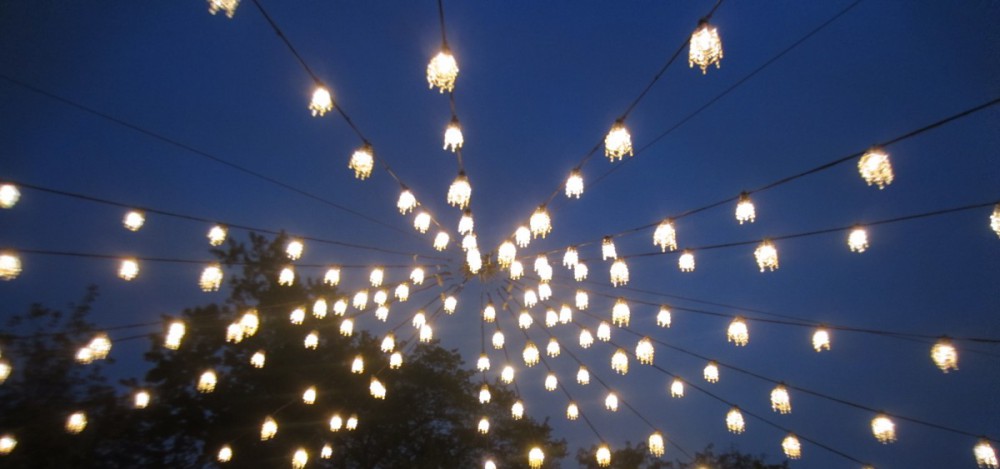
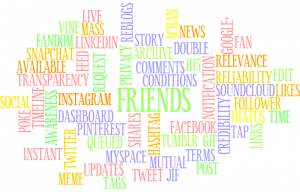 Before using
Before using 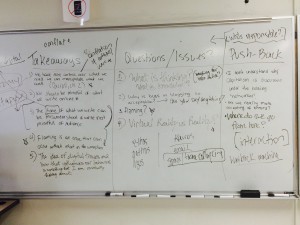

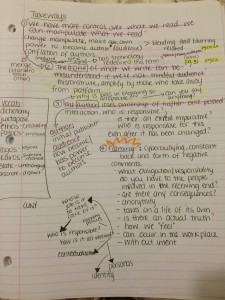
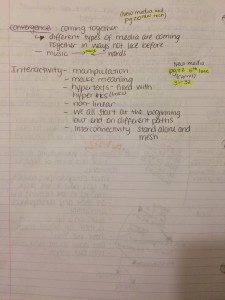
 terrifying. But I was sure it was real, I knew it was, and when my aunt had confirmation from family in New Jersey that it was in fact real I felt an echo of change. For days the local channel only broadcast the latest news and updates. I was too young to know its importance and why this was such a big deal but I felt saddened by the images that were flooded on my television. The stories of loss were horrific and those who were lucky enough to find their loved ones gave everyone watching hope. September 11th, 2001 was the day we all changed, our lives changed, New York changed, the way the world saw a group of people changed, and the way we captured this event changed the way we would go onto change how we digitally collect and preserve tragedies.
terrifying. But I was sure it was real, I knew it was, and when my aunt had confirmation from family in New Jersey that it was in fact real I felt an echo of change. For days the local channel only broadcast the latest news and updates. I was too young to know its importance and why this was such a big deal but I felt saddened by the images that were flooded on my television. The stories of loss were horrific and those who were lucky enough to find their loved ones gave everyone watching hope. September 11th, 2001 was the day we all changed, our lives changed, New York changed, the way the world saw a group of people changed, and the way we captured this event changed the way we would go onto change how we digitally collect and preserve tragedies.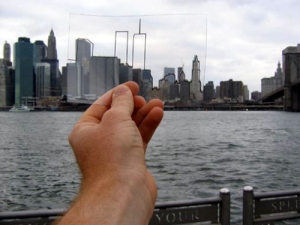 through the numerous photos, emails, art, audio, and video both personal and public seems in a way harmful. The constant reminder of such a painful event in my eyes does not help to heal those who were injured, those who mourn those they lost, or those whose interpretation of a certain group of people. When I look at this archive subjectively I can only feel the pain it resurfaces. Yes this was a monumental shift in the world and it changed many views but I think time changed and now instead of being reminded of that pain we should be looking not at what happened on that day but how far we have come since. Do not misconstrue my words, I am not saying we should forget what has happened but we should move forward more.
through the numerous photos, emails, art, audio, and video both personal and public seems in a way harmful. The constant reminder of such a painful event in my eyes does not help to heal those who were injured, those who mourn those they lost, or those whose interpretation of a certain group of people. When I look at this archive subjectively I can only feel the pain it resurfaces. Yes this was a monumental shift in the world and it changed many views but I think time changed and now instead of being reminded of that pain we should be looking not at what happened on that day but how far we have come since. Do not misconstrue my words, I am not saying we should forget what has happened but we should move forward more.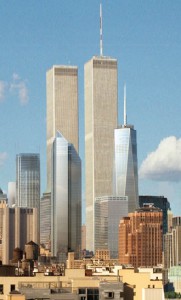 . The constant growth is what differentiates it from a static report. The input is not just of academic research but also from everyday people who have suffered or witnessed the events that took place on September 11th, 2001.
. The constant growth is what differentiates it from a static report. The input is not just of academic research but also from everyday people who have suffered or witnessed the events that took place on September 11th, 2001.

